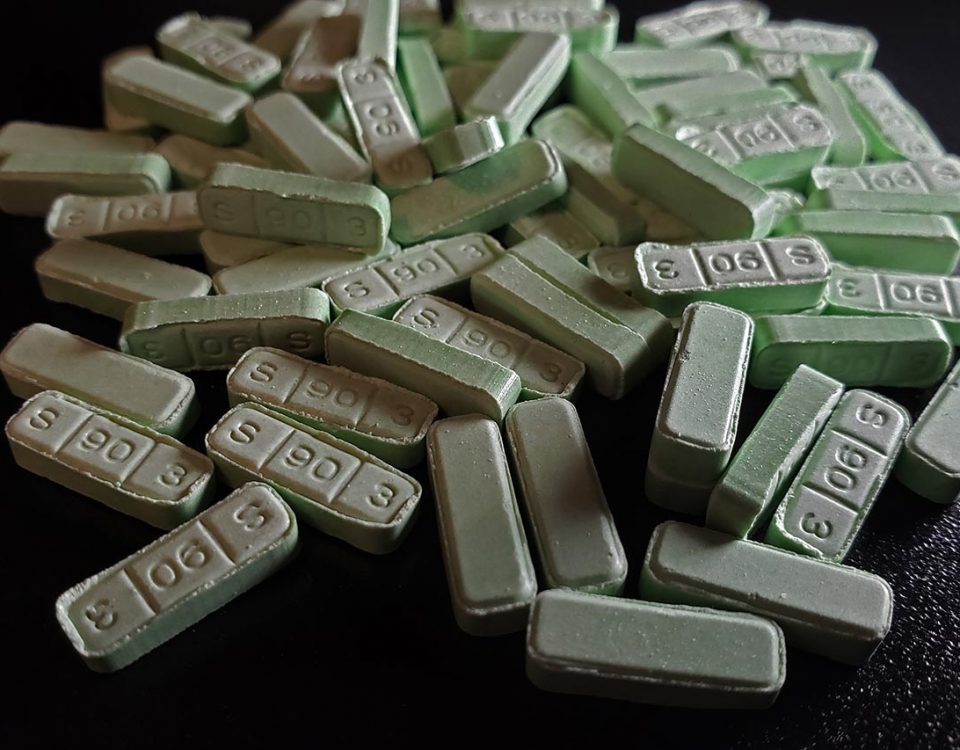Making amends is not only step #9 of AA’s 12 Steps, but it’s also an important stop along the road to recovery for anyone. No matter how hard it is to admit, your drug and alcohol abuse can have a profound effect on your loved ones. While you can’t undo the past, you can make amends once you’ve become sober. To make amends in recovery, you must take responsibility for your actions and apologize to those you hurt during active addiction. Not only will this grant others the apology they deserve, but it will also help you move forward in recovery and possibly rebuild an important relationship. To support you through this vulnerable process, our rehab in Massachusetts shares some helpful tips.
Making Amends Meaning
While it might have been brought up in rehab numerous times, you might still be wondering what is making amends. Making amends refers to taking actions or active steps to apologize and make up for anything wrong you’ve done to another person. It involves acknowledging responsibility for your actions and expressing regret for any harm you might have caused someone.
The goal of making amends in recovery is to repair the damage done by your substance use and restore trust and goodwill between yourself and the individual(s) you’ve hurt. Ways people may make amends with others include making a sincere apology, offering compensation or restitution, taking steps to avoid using drugs or alcohol again, or even performing acts of kindness to make up for the wrongdoing.
How to Make Amends in Addiction Recovery
Making amends in recovery is an important step for people who not only want to get sober but who want to make the most of their sobriety. Having a strong support system of people you care about can make all the difference when it comes to remaining abstinent from drugs and alcohol. Not only can loved ones keep you accountable, but they can also offer you affection, time, and care to keep you focused on the positives of sobriety.
If you’re ready to take this step in your journey, below are some tips for making amends in addiction recovery you can follow.
Choose the Right Time
It can be emotionally challenging to make amends, which is why this process should not take place early in your recovery. Many patients don’t understand the full scope of their addiction or alcoholism, and they don’t understand how to process their shame or guilt. Making amends at this stage will only worsen the shame and guilt, making relapse more likely. Amends are best made in the later steps of recovery when a patient has developed successful coping techniques and better understands their challenges.
Be Genuine and Honest
Amends means nothing if you are not genuine throughout the process. First, you need to be genuine and honest with yourself about the extent of the damage you have caused. You need to fully acknowledge what has been done before you can figure out how to fix it. When you are apologizing, offering fixes, or simply speaking to the individual you have hurt, you need to be completely genuine in your approach. If you cannot be genuine, you are not ready to make amends.
Offer a Real Solution
When it comes to making amends, saying sorry isn’t enough. Admitting fault and owning up to your mistakes by apologizing can help, but it’s also important to act. You need to acknowledge how you can fix the damage that has been done or help the person with their healing. Typically, the first half of amends is apologizing, and the second half gives a solution. For instance, this might mean repaying someone whom you borrowed money from to buy drugs or alcohol.
Apologize in Person
It might be challenging and awkward, but it’s important to apologize to the individual in person if they’re willing to meet with you. This allows you to show your sincerity in wanting to fix the damage and possibly rebuild the relationship if they’re interested. Speaking in person also prevents any miscommunication or misunderstandings that are common when tough conversations are had through text messages.
Massachusetts Addiction Recovery Help
Overall, making amends in addiction recovery requires humility, honesty, and a willingness to take accountability for one’s actions. By making amends, you can begin to repair the damage caused by your addiction and rebuild relationships with loved ones.
If you or a loved one wants to get started on their journey, our Massachusetts addiction treatment center can help. We offer various levels of substance abuse treatment as well as psychotherapy programs designed to support clients in physical and mental recovery.
Call Banyan Treatment Centers today at 888-280-4763 or send us your contact information to learn more about our addiction services.
Related Reading:









